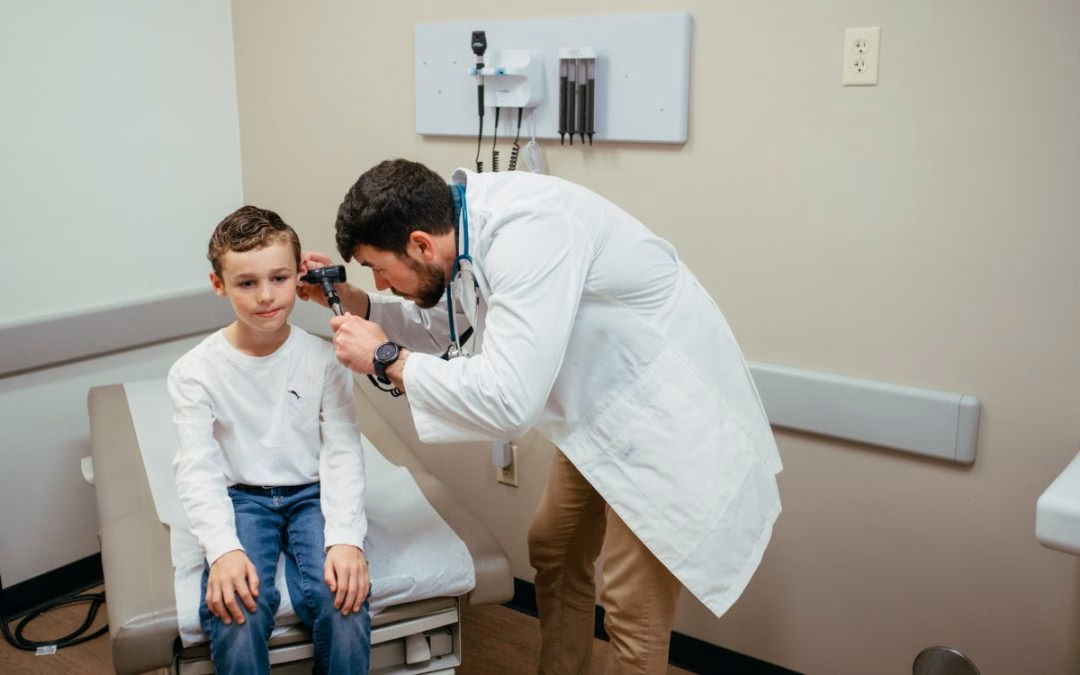
Why Do UTIs Occur?
You may find yourself in a scenario where you’re eagerly anticipating an outing with your children, only to be sidelined by lower back pain and a relentless urge to urinate. It’s frustrating, and you’re looking for answers – could it be a urinary tract infection (UTI)?
What is a UTI?
To understand UTIs, let’s start with the urinary tract basics. It comprises the kidneys, ureters, bladder, and urethra – a system responsible for eliminating waste and excess fluids from the body. UTIs happen when bacteria, often E. coli, find their way into the urinary tract, usually via the urethra, and make themselves at home in the bladder. Once detected, the body kicks into gear, trying to flush out these unwanted guests through urine.
Who is at Risk of a UTI?
UTI occurrences aren’t evenly spread between genders. Women tend to be more susceptible due to anatomical factors – their shorter urethras provide easier access for bacteria, especially since the anus, where E. coli resides, is closer to the female urethra. Men, with their longer urethras, have a lower likelihood of UTIs but may face more severe complications if infected.
Apart from anatomy, various factors can influence UTI risk. Genetic predispositions, immune disorders, diabetes, and anatomical abnormalities can heighten susceptibility. Life stages like pregnancy and childhood carry increased risks too.
Common UTI Signs
UTIs come with a range of symptoms, although some people may not show any at all. Symptoms can include a burning sensation when urinating, frequent urination, lower stomach pain, cloudy or smelly urine, and more. Diagnostic tests like urine analysis help confirm UTI presence and assess potential complications.
How Do I Manage a UTI?
Traditionally, antibiotics have been the go-to treatment, but rising antibiotic resistance has spurred the exploration of alternatives like herbal remedies and d-Mannose. If you find yourself dealing with a UTI, staying hydrated, using pain relievers, and applying a heating pad can help ease discomfort. Avoiding irritants like caffeine and alcohol can also be beneficial.
Drink water: Drinking plenty of water can help flush out bacteria from the urinary tract, reducing the severity of UTI symptoms.
Take over-the-counter pain relievers: Over-the-counter pain relievers such as ibuprofen and acetaminophen can help alleviate pain and discomfort caused by UTIs.
Apply a heating pad: Applying a heating pad to the lower abdomen can help relieve the pain and discomfort associated with UTIs.
Use urinary tract analgesics: Urinary tract analgesics such as phenazopyridine can help relieve the pain, burning, and urgency associated with UTIs.
Avoid irritants: Avoiding caffeine, alcohol, spicy foods, and acidic foods can help reduce the severity of UTI symptoms. These irritants can build up in the urine, making urinating even more painful while you have a UTI.
How to Prevent a UTI
Preventing UTIs involves maintaining good hygiene practices, seeking timely medical advice, and staying informed about emerging research and treatment options. While UTIs can present challenges, understanding their underlying causes, symptoms, and management strategies empowers individuals to take proactive steps toward prevention and treatment.
In essence, by adopting healthy habits and being proactive about urinary health, you can navigate the complexities of UTIs with confidence.
If you are suffering from a UTI, visit AFC Urgent Care Hickory today for prompt and compassionate care!


